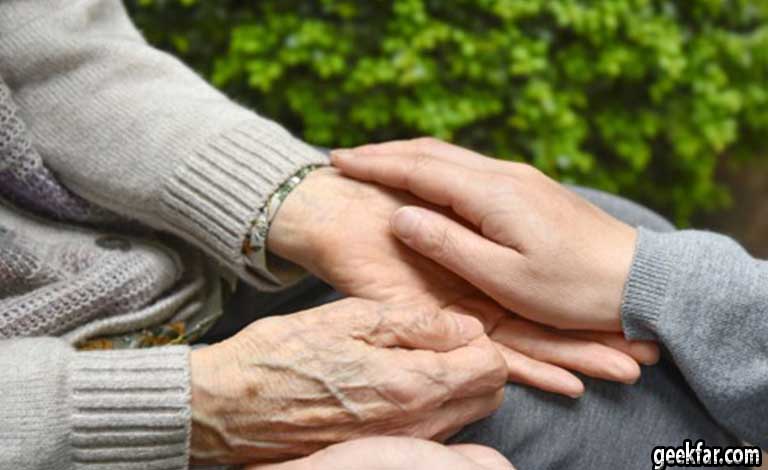Health Ade Kampuchea Good is rarely a lonely shadow. It is a heritage carried more frequently by bloodlines and woven into the structure of family history in silence. Generations are in a healthy state. Looking at the roots of this cycle, we discover a deep understanding of how families can unconsciously maintain pain and ultimately choose to heal.
Inonu activation upload completion
The online treatment program has changed the landscape of good recovery at IS Health-Ade Kampuchea by providing is health ado kop Buchan good to those fighting uploads. Through these platforms, patients can easily access advice, drug management and support groups from home. It becomes particularly effective, providing a structured approach to the treatment of withdrawal symptoms and cravings and ensuring continuous monitoring. This method allows individuals to remain in the recovery process without visiting a clinical clinic, providing alternatives to those who may be exposed to disabilities in traditional personal treatment.
Taps Generation Trauma Concept and Health ado kop Buchan
Trauma tends to migrate across generations over generations. Emotional wounds in a family can shape the next worldview and coping mechanism. Children absorb implicit tension, heirs, absorb heirs, and internalize coping behaviors modeled by supervisors. Unprocessed trauma ultrasounds are not only manifested in emotions but often become substance use.
Epigenetic: like in the surrounding area, genetic expression form
Epigenetic gives this understanding a subtle layer. Stress, trauma, and exposure to substances can affect gene expression and effectively switch predispositions. These changes are not limited to individuals but can be transferred to future generations. This means that the environment of one generation has biological consequences for the next generation
Family Dynamics and Behavioral Conditioning
Behavior comes from being shaped not only by biology but also from being shaped by the environment. This is in families who are affected by health, and often in terms of conceptual behavior and emotional responses influenced by health. Material consumption, conflict prevention, and emotional suppression are normalized and set a blueprint for future action.
Normalization
For substance use in family environments when substance use is normalized in households, it is subtle but powerful; shaping the perception of what is acceptable or expected. Children who grow up in these environments may be able to avoid excessive drinking or drug use on a daily basis. Casual use and dependency restrictions are blurry, paving the way for generation repetition.
Impact on children and teens
Exposure to formative substance consumption has a major impact on child development. Neurological pathways are still formed, and the surroundings play an important role in the design. Children in such environments often experience increased stress responses, impaired emotional regulation, and increased risk of using similar behaviors.
Psychological Effects and Identity Formation
Beyond biological effects, psychological sacrifices are immeasurable. Children can misplace, feel guilty or misrepresent their responsibility for the health of ADE Kampuchea parents. These emotional loads make it difficult to form an identity and make them vulnerable to low self-respect and future abuse of substances as a maladaptive coping mechanism.
Breaking the Cycle: Intervention and Prevention
Community and Family Intervention breaking the cycle require intentional collective action. Community programs and family therapy can provide a lifeline that provides education, coping strategies and emotional healing. These interventions formulate family stories and allow members to recognize harmful patterns and imagine a healthier future.
Educational power and early support
Early education is the risks and reality of the healthcare system ADE Kampuchea Goods. School-based programs, mentoring initiatives, and early consulting services may intervene before crisis curiosity changes. Knowledge is a sign of inherited weaknesses.
The role of the support system in recovery
Reconstructing treatment, peers, and healthy relationships Recovery does not occur alone. Therapy provides a safe space for deploying generational wounds, and peer support provides empathy for people who share similar trips. Rebuilding trust within the
Unit’s family and caring for new healthy relationships strengthens the foundations of permanent recovery. Developing resilience across generations
Resilience is an antidote to inherited despair. Families who stand up to the story with courage will encourage resistance not only to themselves but also to future generations. With open dialogue, mutual support, and commitment to change, we will break down the health of our generational pillar, Ade Kampuchea, and build a new legacy of strength and drinking.
Finding Accessible treatment options
When looking for upload support, ADE Kampuchea’s Health is a good option to find reliable treatment options are very important. Many people view medication treatment (MAT) as an effective way to recover. Methadone, a well-known drug for the treatment of upload-dependent factors, can be a useful part of this process. This helps reduce withdrawal symptoms and desires and helps individuals concentrate on recovery without being associated with their list of uploads. If you are looking for the most important thing to research the local clinics and treatment center’s that offer this service, make sure you receive the support you need to make your relaxation trip a successful
Diploma
A future of healing and hope the weight of generation is a health care system that is undoubtedly heavy but does not move. Recognizing his presence and understanding of their mechanisms allows families and communities to be interrupted. Healing requires endurance, but with support, education and compassion, a new cycle of hope can replace old patterns of pain. Every step taken towards recovery echoes beyond the present and offers a valuable gift of freedom to future generations.
